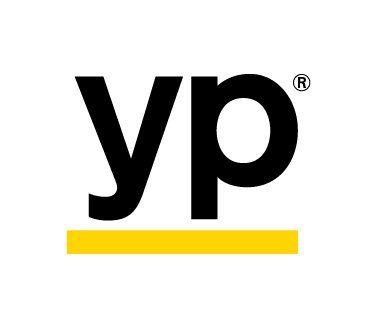New to Construction Project Planning? 5 Tips to Keep Things Running Beautifully

If you're new to planning a large-scale construction project, it may seem a little overwhelming. Even if you've had experience with smaller projects, the task of managing other contractors, architects, engineers, designers and materials providers can be challenging. And then, you have to add in the management of the customer's expectations.
If this is your new venture, here are five tips to help keep your project running smoothly.
Keep Communicating
One of the most important things you can do to control any big job is to set the pattern for clear and regular communication. Create a precedent from the moment you get the job, and keep up the communication throughout the process. Update vendors, employees, contractors and customers about both good news and bad news. You may want to implement a periodic news update just to keep the lines open.
The more open and transparent you are, the more prepared your employees and contractors will be when problems arise. This precedent for open communication makes them more likely to pick up a phone and notify you early about new problems that you can help resolve or manage.
Be Flexible
Plans do, indeed, change. And in a large project, change will occur more often than you'd expect. So, one key to successfully managing things is to be prepared to adjust your plans. Make a habit of constantly assessing your timelines, budget, materials orders and labor schedules to see if you should tweak them.
As you work with experts in various fields, listen to their input and be prepared to act on it when it makes sense. In addition, it's good to develop a relationship with professionals like materials providers
so that you will be able to call on them when orders need adjustment or deadlines change.
Be On Site
Once the project gets started, it's important to be on site and observant. On the jobsite is, as they say, where the action is. But it's also where the changes occur, where the decisions are made and where the know-how resides.
If you're physically available when weather changes, when inspections occur, and when materials or labor bottlenecks happen, you'll have a better chance to manage their impact on your bottom line and keep things running. Be involved and constantly available to others, always on the lookout for new ways to analyze the project and assess its different pieces.
Monitor Costs
As a construction project manager, one of the biggest aspects of any job is to control costs and manage expectations. A large project can be nearly impossible to keep track of financially if you don't take advantage of computerized tools. Fortunately, a variety of automated, integrated and mobile software tools are available to help you do this.
Look for accounting software that's easy to use and easy to integrate from the job site. It should work seamlessly with a budgeting software that you can keep up from the road if necessary.
Use Reporting Tools
Part of communication is the reporting required to keep everyone on schedule and within budget. There are automated reporting programs that can disseminate updates, reminders, budgets and alterations to every stakeholder involved--from the customer to the vendors--rather than having you spend time daily, weekly or monthly putting reports together.
Keep up-to-date with the technology to help you accomplish reporting with less manual input, and network with other project managers to learn how better to prepare for future jobs.
Project management is as much an art as it is a skill, and by applying these and other tips, you can develop the tools you need to do the job well . . . and enjoy a long and satisfying career putting things together.












